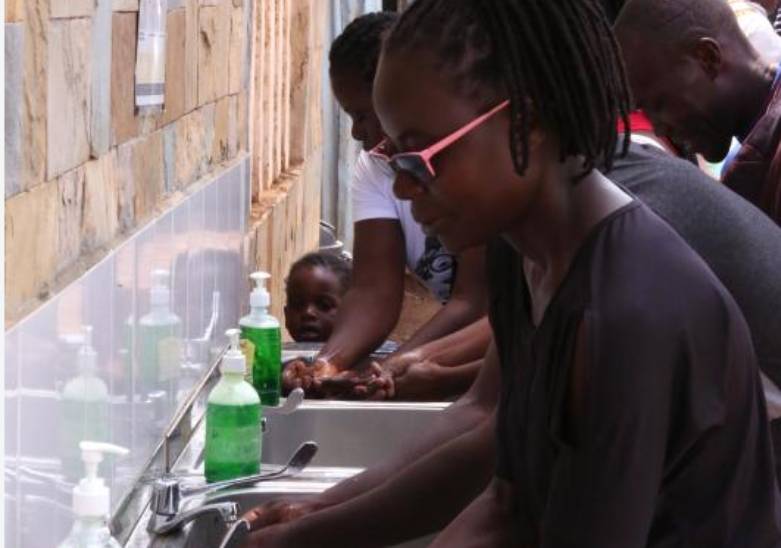×
The Standard e-Paper
Join Thousands Daily

Never before has a crisis demanded so much personal sacrifice and contribution as coronavirus pandemic is now calling for.
Kenyans and their mosaic of representation -- politics, business, union, professions -- are agreed that their goodwill is what it will take to beat the monster virus from spreading further.